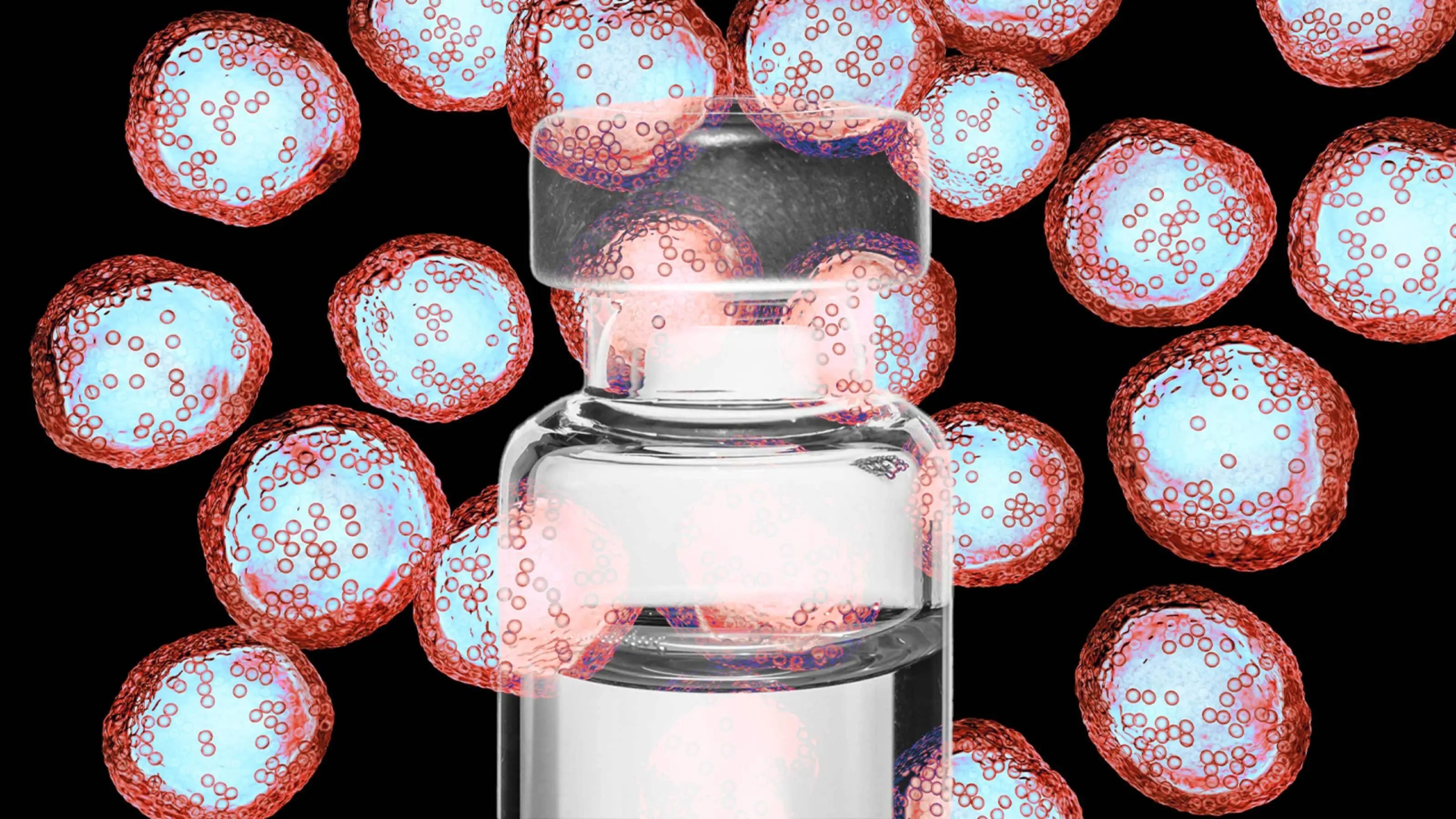New study challenges long-held assumption about cancer

- Cancer cells develop from genetic mutations in DNA.
- However, a new study demonstrated that epigenetic changes alone can cause cancer in fruit flies.
- Next steps include figuring out the relevance of this finding in other animals and if it might help us in treating or preventing the disease.
French researchers say they have discovered that genetic mutations aren’t necessary for cancer to develop, challenging a long-held assumption about the disease.
The cause of cancer: Cancer cells start out as normal, healthy cells, but then something goes wrong — instead of doing their job or dying when they’re supposed to, they start multiplying uncontrollably, potentially forming tumors and spreading to other parts of the body.
That “something” that goes wrong is usually genetic mutations in our DNA. They might have developed spontaneously as our cells divided, been triggered by something in our environment (like tobacco smoke), or inherited from our parents, but whatever their cause, anomalies in our genes are to blame for our cells going rogue, according to most cancer researchers.
That is clearly true for many cancers — but maybe not all of them. A team led by scientists at the French National Centre for Scientific Research (CNRS) is challenging the assumption by demonstrating how cancer can develop even in the absence of any genetic mutations.
How it works: Most genes tell cells how to make proteins, and while pretty much every cell in your body contains a complete collection of your genes (your genome), you don’t need every cell to be making every protein all the time. To flag which genes in a particular cell should be on or off, your body tags them with chemical compounds — collectively, these tags are your epigenome.
Your epigenome can change over time in response to age, diet, lifestyle, and more, and disruptions to it are a known hallmark of cancer. For a new study, published in Nature, the CNRS team demonstrated in fruit flies that epigenetic changes alone can cause cells to become cancerous — a genetic mutation to the DNA code itself isn’t necessary.
Even after the team restored the flies’ epigenomes to their original state, quieting the “signal” that caused the cells to become cancerous, parts of their genomes remained dysfunctional and the tumors kept growing.
The big picture: Now that we know that cancer can develop in the absence of genetic mutations, at least in some animals, the next step will be figuring out the relevance of this new information about the epigenome to treating or preventing the disease.
“This discovery forces us to reconsider the theory that, for more than 30 years, has assumed that cancers are predominantly genetic diseases caused necessarily by DNA mutations that accumulate at the genome level,” writes CNRS.
This article was originally published by our sister site, Freethink.





